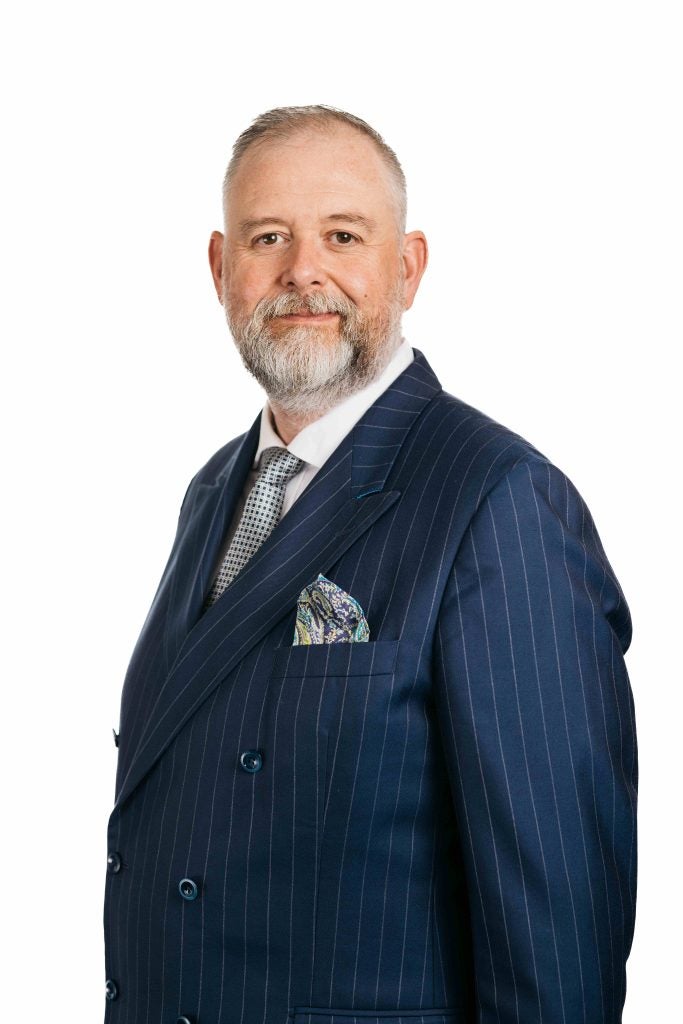Munich and London co-headquartered digital investment manager, Scalable Capital, is looking to disrupt the automated advisory market by dynamically allocating risk to each client’s portfolio.
The fintech start-up, which was founded in late 2014, aims to differentiate from incumbent digital advisors such as Nutmeg and Wealthfront, by using technology that uses quantitative data to dynamically adjust clients’ portfolios, based upon their risk appetite.
Scalable Capital was founded by four former Goldman Sacs employees. It received a license to do business in 2015 in Germany, and now touts 600 clients. It is set for a Q2 UK launch after securing FCA approval in February.
The company has secured £5.6m ($7.9m) in funding to support its forthcoming launch in the UK. Backers include various venture capital firms and ex-Goldman Sacs angel investors, and include existing investors Holtzbrink Ventures, Peng T. Ong’s Monk’s Hill Ventures, The German Startups Group and MPGI. The company’s total funding now stands at £8.8m.
Adam French, co-founder at Scalable Capital, tells PBI:
"We use a quantitative statistic to put a label on each of our portfolios, so that you know with 95% certainty what the maximum loss that you might take in your portfolio at any given time in the next year. We use empirical evidence that we have in the market, which allows us to target these risk values.
"Instead of having fixed weights in the portfolio, such as having a medium risk portfolio with 50% equities and 50% bonds – you end up with a dynamic weighting in the portfolio.
"We use simulations to make forward looking projections on each of the asset classes, and whenever we see risk in a certain asset class – getting too much and outside of your risk tolerance, or maybe not enough and not matching your risk tolerance – we make a dynamic adjustment in the asset allocation model.
"You could end up with a portfolio which at some point might be 0% equities and at other times might be 100% equities, so it’s very different to how the traditional world has typically dealt with risk management."
The investments that Scalable Capital engages in are underpinned by a selection of passively managed ETFs. The entry level of wealth is £10,000 – a figure that is significantly larger than Nutmeg’s £500 entry point, which leaves the company targeting the upper end of retail/mass affluent investors. French says that the company is also keen to offer a B2B solution to IFAs and wealth managers who do not have access to a sophisticated technology solution.
Ella Rabener, CMO and UK co-founder, tells PBI that there are plans to use an algorithm to take tax optimisation into account when adjusting clients’ portfolios. She says that this will be a differentiator as tax is "normally done in an ad-hoc basis" by current providers. Rabener says that this feature will be rolled out later in 2016.
Rabener adds that Scalable Capital’s solution performed favourably in comparison to competitors amidst the volatile markets of late 2015/ early 2016. She tells PBI:
"A lot of clients lost quite a bit of money in their other portfolios where they weren’t traded out of equities as quickly as we were. So a lot of our clients were very excited by how our risk targeting actually works."
French says that the company plans to roll out the service in other geographies, including the USA where he thinks Scalable Capital will have a competitive advantage over robo advisors such as Wealthfront.







